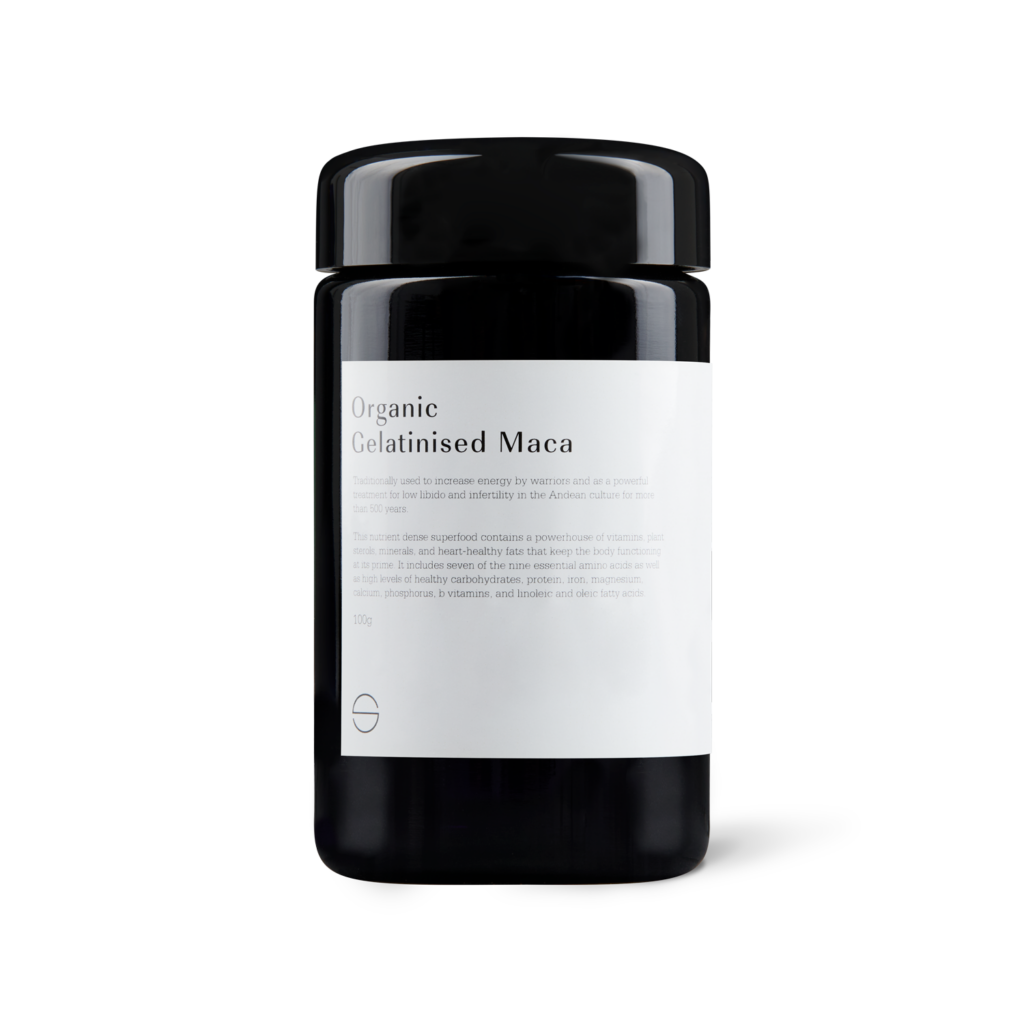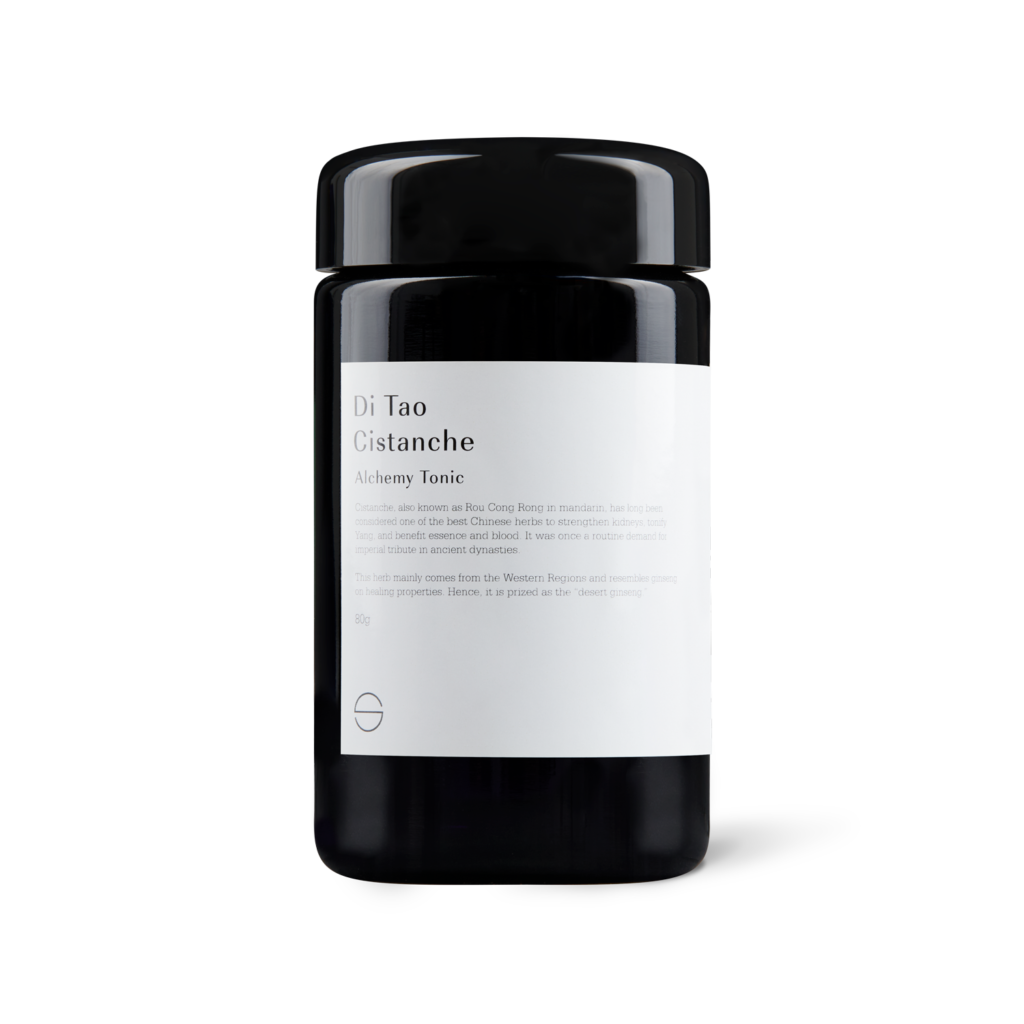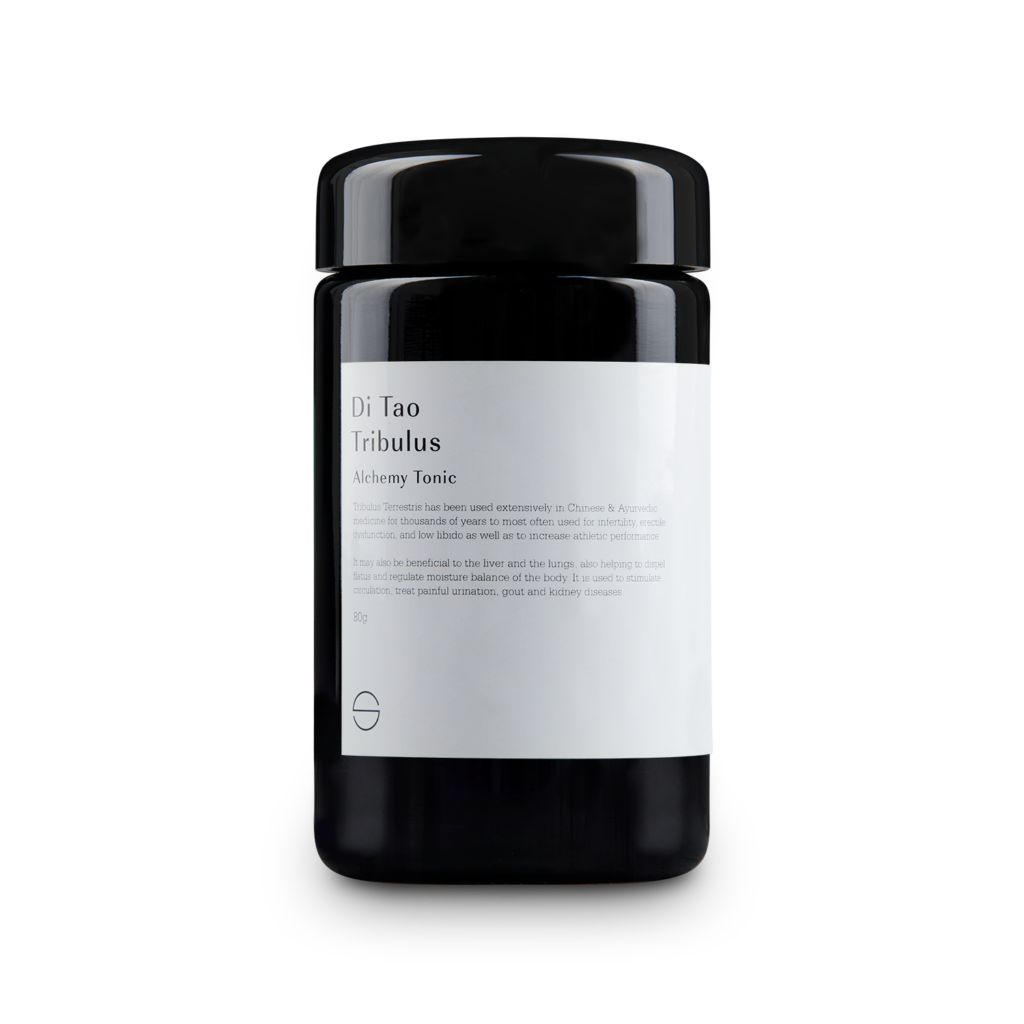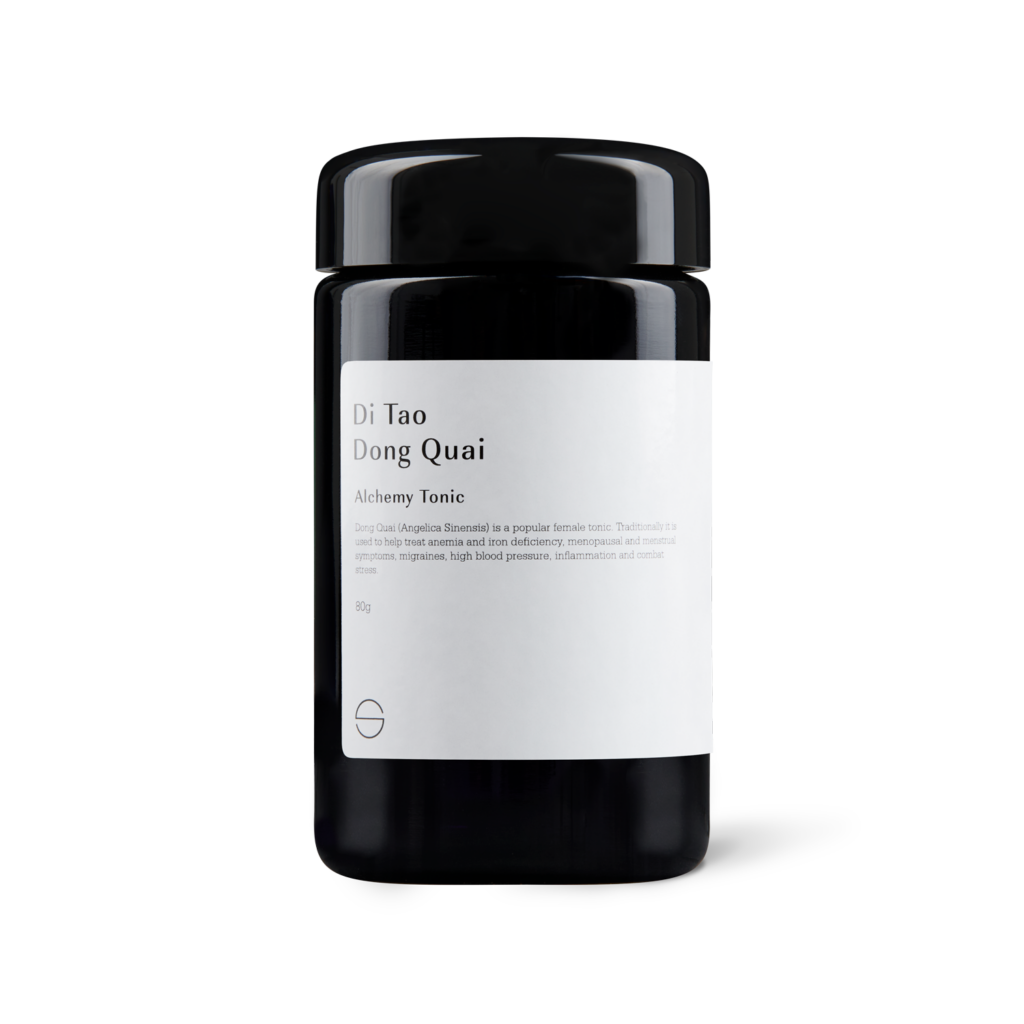
Transition to Autumn: Nourishing the Body, Mind, and Spirit
As the days grow shorter and the air becomes crisp,

Kick-start, energise, rejuvenate
All carefully planned and prepared to help nourish, reset and rejuvenate the body and mind.

When we think of sex hormones, our minds often gravitate toward their roles in libido and reproduction. While these functions are indeed critical for sexual arousal and reproductive function, sex hormones do far more than meet the eye!
Dive into the fascinating world of the sex hormone system, discover the culprits behind hormone imbalances, and learn how you can support harmonious hormone levels.
Understanding the Sex Hormone System
The intricate sex hormone system encompasses a roster of key players: pregnenolone, DHEA, estrogen, progesterone, and testosterone. These hormones serve as messengers, relaying unique signals and binding to receptors found in countless cells and tissues throughout our bodies. Glands, like the ovaries in women and the testes in men, produce sex hormones. Additionally, the adrenal glands manufacture DHEA and pregnenolone in both men and women. As we age, the adrenals may even produce small amounts of estrogen and progesterone. The sex hormones play pivotal roles in development, puberty, reproductive functions, and the well-being of our brain, bones, and metabolism.
All sex hormones belong to the family of steroid hormones and are synthesized from cholesterol, a lipid-based molecule, in a process known as steroidogenesis.
Now, let’s delve into each of these primary sex hormones and explore their essential functions:
Pregnenolone
Often referred to as the “mother hormone,” pregnenolone serves as the precursor to all other sex hormones. It’s produced in various parts of the body, including the brain, adrenal glands, skin, testicles, ovaries, and retina. Pregnenolone orchestrates the balanced production of all steroid hormones and is renowned for its neurological benefits, impacting memory processes and promoting healthy brain aging.
DHEA
Dehydroepiandrosterone (DHEA), an androgenic hormone, is secreted by the adrenal glands, ovaries, testes, and even the brain. It supports energy, strength, and libido. DHEA levels peak between ages 25 and 30, declining thereafter. Factors like physical and emotional stress and blood sugar imbalances can lead to reduced DHEA levels. Conversely, optimal DHEA levels are associated with balanced blood sugar, immune function, inflammatory control, bone health (especially in women), brain function, and healthy aging. It has also been found to improve skin health and libido in older women.
Estrogen
Estrogen, primarily a sex hormone for women and a tertiary one for men, is mainly produced in the ovaries, adrenals, and placenta. It can also be synthesized from testosterone through a process called aromatization. The estrogen family, including estriol, estradiol, and estrone, plays roles in the female reproductive system, mood regulation, energy expenditure, skeletal integrity, and brain health.
Progesterone
Like estrogen, progesterone plays a vital role in female reproductive health. It’s synthesized in various body tissues, including the placenta, ovaries, adrenal glands, brain, and nerve cells. Progesterone is crucial for fertility, the maintenance of pregnancy, and easing heavy and painful periods. Beyond reproduction, it helps the body adapt to and recover from stress, promotes restful sleep, and offers protection to the brain, cardiovascular system, and skeletal health as women age.
Testosterone
While testosterone is often labelled as the quintessential “male” hormone, both men and women have it circulating in their bodies, with significantly higher levels in men. In women, testosterone is produced from DHEA and originates in the ovaries, adrenal glands, and adipose tissue. Low testosterone levels can impact libido, mood, and body composition in both sexes, while excessive testosterone can disrupt blood sugar balance in women and lead to lethargy and muscle weakness in both genders.
Understanding Hormone Imbalances
Hormone imbalances occur when there is either an excess or deficiency of specific hormones in the body. Here are some common sex hormone imbalances:
These imbalances can result from various factors, including exposure to endocrine-disrupting chemicals (EDCs), stress, dietary choices, and age-related changes.
It’s important to recognize the multifaceted roles of sex hormones beyond their connection to libido and reproduction, as they impact various aspects of our health and well-being.
Restoring Hormone Balance: 4 Tips for Optimal Health
Achieving hormone balance is crucial for overall well-being, and it can often be addressed through practical diet and lifestyle adjustments. Here are four tips to help you on your journey to hormone harmony:
1. Embrace a Wholesome Diet:
Nourishing your body with a whole-food-based, nutrient-rich diet is a cornerstone of hormone balance. Prioritize ample protein and healthy dietary fats, while keeping your carbohydrate intake in check. This dietary approach promotes stable blood sugar levels and supports hormonal equilibrium.
2. Prioritize Quality Sleep:
A good night’s sleep is not just a luxury; it’s a vital component of hormone balance. Aim for 7-9 hours of quality sleep each night to safeguard your circadian rhythms and overall sleep quality. To optimize your slumber, practice good “sleep hygiene” by avoiding blue light exposure before bedtime and ensuring you get sufficient rest.
3. Embrace Sunlight:
Sunlight isn’t just good for a tan; it plays a significant role in your hormonal health. Exposure to UVB light from the sun stimulates what’s known as the skin-brain-gonad axis, promoting the synthesis of hormones like testosterone. Strive to get 15-20 minutes of sunlight on your skin daily to harness the benefits of this natural hormone booster.
4. Incorporate Strength Training:
Regular strength training, done twice a week, is a powerful strategy to support hormone balance. Building skeletal muscle mass and strength not only enhances your physical well-being but also aids in testosterone synthesis and improves insulin sensitivity. These benefits are particularly valuable during the perimenopausal and postmenopausal years, where hormonal changes can impact body composition. Weight training can prevent weight gain and unfavourable alterations in body composition, such as muscle loss and increased body fat.
Your body’s hormones do more than just influence your libido and reproduction; they are integral to your overall health and vitality. Imbalances can occur due to various factors, including the natural aging process. Understanding how these essential hormones function in your body and making simple lifestyle adjustments can help you restore and maintain hormone balance. Embrace these tips and take charge of your hormonal well-being!
HERBS TO SUPPORT HEALTHY HORMONES

Maca is a root vegetable native to the Andes that has gained recognition for its remarkable ability to support hormone regulation. While maca does not contain hormones itself, it acts as an adaptogen, helping the body achieve hormonal balance. It is particularly noted for its potential to alleviate menopausal symptoms in women, enhance libido and sexual function, and contribute to overall vitality. Maca’s adaptogenic qualities extend beyond hormone regulation, offering benefits in stress management and mental clarity.

Cistanche, derived from the succulent plant Cistanche tubulosa, is a revered herbal remedy known for its exceptional ability to support sex hormone balance. This adaptogenic herb functions as a natural regulator, aiding in the equilibrium of hormones such as testosterone and estrogen. With its reputation for enhancing libido, masculine vitality, improving sexual function, and promoting hormonal well-being, has become a popular choice for those seeking a holistic approach to harmonizing sex hormones.

Tribulus, extracted from the Tribulus terrestris plant, is celebrated for its remarkable ability to promote sex hormone balance, particularly testosterone. This adaptogenic herb is recognized for its potential to enhance testosterone levels, making it a sought-after choice for individuals seeking to improve libido, sexual performance, and overall hormonal well-being. With its reputation as a natural aphrodisiac and hormone regulator, Tribulus has become a popular supplement among those looking to support their sexual health and vitality.

Dong Quai, derived from the Angelica sinensis plant, is esteemed for its potential to foster sex hormone balance, particularly in women. Known as the “female ginseng,” this herb is celebrated for its adaptogenic qualities, which help regulate estrogen levels and support hormonal harmony. Dong Quai has been historically associated with alleviating menstrual discomfort, promoting regular cycles, and easing menopausal symptoms. Its reputation as a hormone balancer, coupled with its traditional use for women’s reproductive health, makes Dong Quai a favored choice among those seeking a natural approach to addressing sex hormone imbalances.

As the days grow shorter and the air becomes crisp,

Marine phytoplankton, the microscopic organisms that form the foundation of

In recent years, the skincare industry has significantly shifted towards
Copyright Shoku Iku © 2024 | All Rights Reserved.
The statements on this website have not been evaluated by the TGA or FDA. These products are not intended to diagnose, treat, cure or prevent any disease.
Sign up to receive your discount.